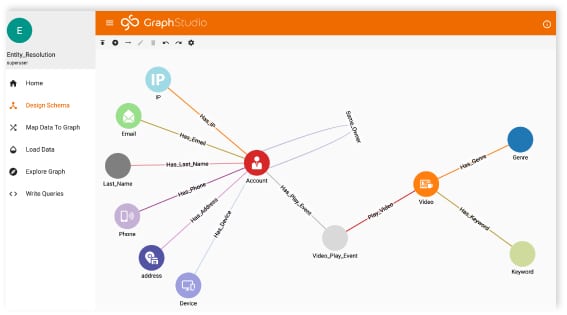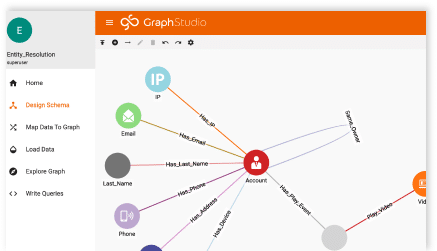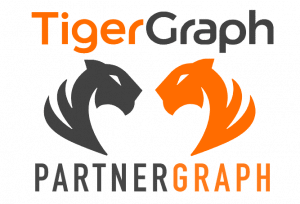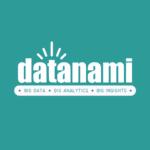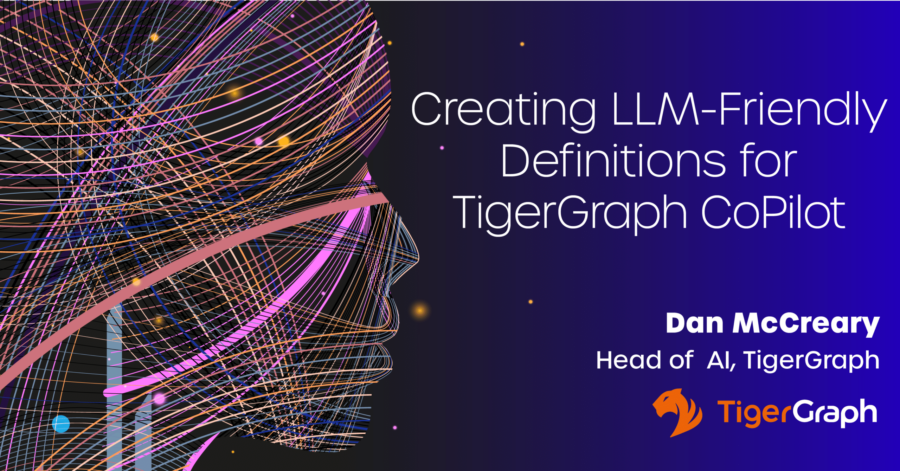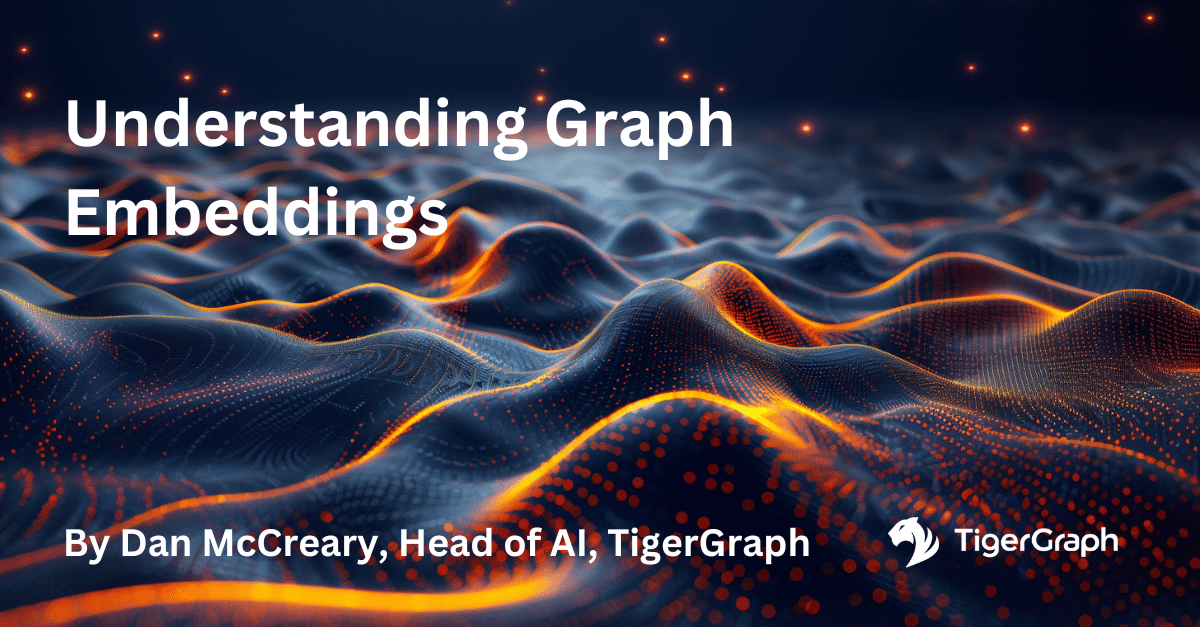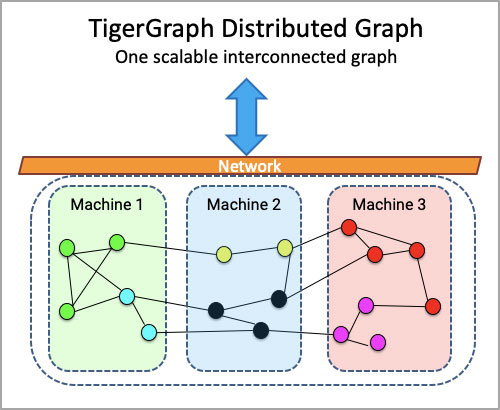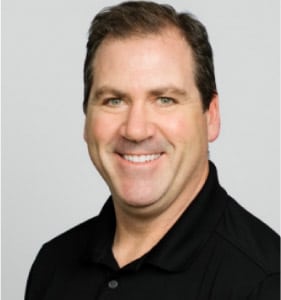Interview with Million Dollar Challenge Grand Prize Winners – Mental Health Hero
- Blog >
- Interview with Million Dollar Challenge Grand Prize Winners – Mental Health Hero
Earlier this year, TigerGraph hosted a global hackathon, the Graph For All Million Dollar Challenge. The goal of this challenge was to unlock peoples’ passions and creativity for solving problems that matter most to them. With graph’s vast use case potential and the power to find insights behind complex problems, this allowed contestants to tackle this challenge head-on.
Teams were tasked to select a problem statement from a list curated by experts in each area or create a problem statement of their own. There were seven main problem statement categories contestants could choose from: Graph for Better Earth, Graph for Better Finance, Graph for Better Health, Graph for Better Learning, Graph for Better Living, Graph for Better Systems, and Graph for Better World. A Graph for Better X was also included for contestants to hone in on their own specific challenge to tackle with graph analytics.
The contest began at the beginning of February and ended at the end of April, amassing 1570 participants. Judging criteria were based on four categories: impact, innovation, ambition, and applicability. The worldwide competition gave contestants the opportunity to win a share of $1 million in cash prizes.
I had the chance to ask our $250,000 grand prize winners, Ashwin and Veena, some questions about their experience, their entry, and the future of their project, titled Mental Health Hero. Their solution is a graph-based approach built to solve one of the largest public health epidemics we’re facing today, the prevalence of untreated mental health issues such as anxiety and depression.
Q: Can you give a brief description of Mental Health Hero?
Ashwin: Mental Health Hero is a tool built using TigerGraph to help find appropriate mental health treatment for patients based on a holistic, 360-degree view of their experience. Rather than take a single data point, such as a score on a psychiatric evaluation, the app calculates a ‘similarity score’ for patients using a variety of data points.
Veena: Our app is a way for different stakeholders (therapists, public health professionals, health systems) to gain insight from multiple facets of a patient to understand the best course of mental health treatment.
Q: What were your original goals for your project at the beginning of the global challenge?
Ashwin: We wanted to make something that could make a dent in an issue we both really care about, which is helping increase accessibility to mental health. Our original goal was to tackle this problem in a new way using graph technology.
Veena: We know that mental health care is a major issue in this country and, with new technologies like graph, we wanted to explore how we could create innovative solutions to this area of healthcare that has always been challenging to solve.
Q: Was there a turning point when building Mental Health Hero? An “a-ha” breakthrough moment?
Ashwin: For me, it was reading through the TigerGraph use cases and realizing that many of these approaches, like “Customer 360” or “Jaccard Similarity” could actually be translated into the mental health space as well. It would take some tweaking to make these apply for our user base, but that breakthrough was a big turning point.
Veena: We saw that graph was effective in building recommender systems using similarity scores and that the same mechanism that lets companies recommend products to customers based on what similar customers purchased could be translated to recommending mental health treatments based on what worked for similar patients.
Q: What made you decide to compete in the Million Dollar Challenge?
Ashwin: We loved the idea that this hackathon was about making a large impact in the world. Some of the challenges we saw on the hackathon page – solving Covid, global warming, etc – were really inspiring, and we felt that this would be a great opportunity to get the resources to build out a solution tackling the massive problem of mental health accessibility.
Veena: Healthcare is a really important and tricky space to operate in, and we didn’t feel like it was given the same attention from the newest technologies that other domains were getting. This hackathon allowed us to use a novel, cutting-edge technology and see what it could look like in a traditional space like healthcare.
Q: Have you gotten feedback from public health officials about scaling Mental Health Hero?
Ashwin: Yes, we’ve had some exciting conversations so far, and much of the feedback is around how this can actually work in the real world. Getting access to patient data in a compliant, private way, is a major piece of deploying any software in the healthcare space, so much of our conversations have centered around what it might take to actually deploy something like this.
Q: Have you heard back from the health care organizations you reached out to in regards to running a pilot of Mental Health Hero?
Veena: We have heard back and have had some early discussions! As Ashwin stated above, these initial chats have been about scoping what it could take to build this out in a real production setting. There are additional hurdles when it comes to working with personal health information (PHI), so we would need to think through those aspects as well.
Q: What is the biggest improvement your project will see if access to legitimate and expansive health care data is given?
Ashwin: The similarity scores would be much more robust with real and expansive healthcare data. There are also many more data points we haven’t baked into our algorithm or schema that could become available with real data, like health EHR data around heart rate and comorbidities, doctors’ notes, and data from apps.
Q: Has your team been able to spend time finding a better similarity measure by implementing node embeddings (ML Workbench)?
Ashwin: We’ve been experimenting with these and have been more focused on finding real-world data to use for the application. We figure that our embeddings will be most useful if the underlying data is reflective of what we’d be able to find if this was deployed broadly.
Q: How do you envision scaling out Mental Health Hero will impact the global mental health community?
Veena: We know this will be a long road in proving out efficacy as we try scaling the app out. If we can get to that point, we think it’ll have a major impact on the mental health community, since there are many stakeholders involved who could benefit, like therapists, insurance companies, and government agencies.
Q: Has Mental Health Hero inspired you as a team to begin working on other impactful projects?
Veena: Yes, it was great to get the resources of TigerGraph to help tackle such a big problem, and has inspired us to think about what other problems we can tackle with these kinds of resources!
Q: Do you have any advice for competitors in future contests like the Million Dollar Challenge?
Ashwin: Our advice is to focus on a problem that you are very passionate about solving. There will be many obstacles along the way in creating a solution for contests like these, and you’ll need to be creative and resourceful throughout the process to get help to get unblocked. Make sure you care about what you’re building so you have the stamina and will to get through the inevitable challenges that’ll come your way!
Q: Why did you decide to use AWS for your TigerGraph solution?
Ashwin: AWS is a trusted name in cloud technology, and we knew that if we built our solution on AWS during the hackathon, it wouldn’t be too difficult to scale it out on the same platform in a production setting. We also saw that AWS and TigerGraph were working closely together, so it gave us comfort knowing that if there were any hiccups along the way or questions that we had, that we’d have ample resources to get unblocked from the respective teams.
Q: What was your experience with your TigerGraph instance on AWS like?
Ashwin: It was seamless! We didn’t have to think about the AWS piece at all since it was so well integrated into TigerGraph’s Graph Studio. We knew that we could scale out our instance easily if needed, and the free tier allowed us to experiment quickly to prototype a solution without having to worry about tweaking any settings on our instance.
Check Out the Graph for All Winners
Mental Health Hero was one of many incredible entries in the Graph for All Million Dollar Challenge. Visit the Graph for All Winner’s Page on our website to learn more about the 18 winning entries in the contest. Winners were chosen based on their impact, innovation, ambition, and applicability in the real world, and we’re excited about how each of the winning entries demonstrated the power and potential of graph!
